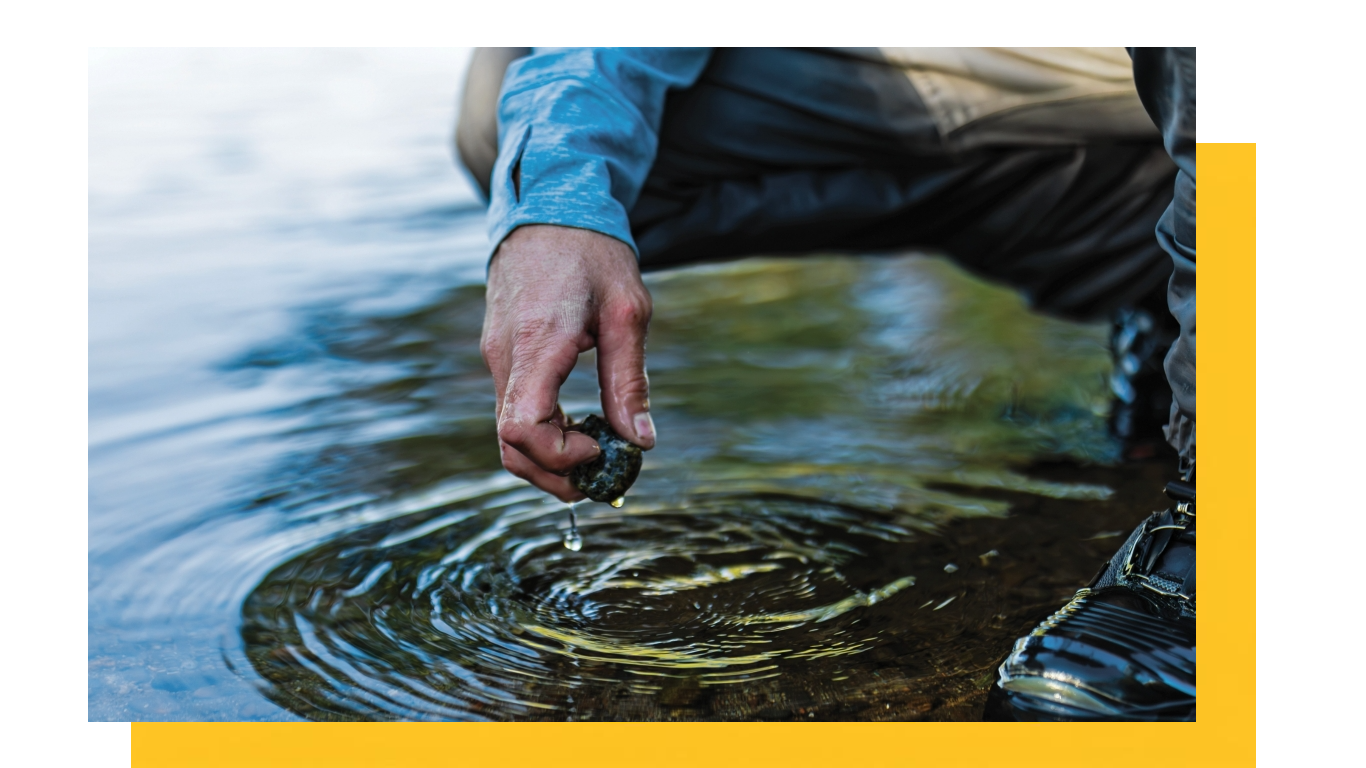Indigenous Conservation Collaborations
Apply for the Executive Education program today
Transform your conservation leadership through Indigenous knowledge and relational governance — and lead the way forward.
Executives and tribal liaisons are under pressure to demonstrate ethical leadership, cultural competency, and accountability when working with Indigenous communities. However, many lack the experience, frameworks, or guidance to do this authentically and effectively.
Arizona State University is offering an exclusive new executive education program designed to bridge this gap, that includes:
- Actionable frameworks (e.g., UNDRIP, the Four Rs, Two-Eyed Seeing) that empower leaders to align their work with Indigenous self-determination and sovereignty.
- A real-world project that lets participants apply what they learn to their own organizational context, reviewed by Indigenous advisors.
- Exposure to Indigenous-led success stories that go beyond theory and show what ethical, inclusive conservation looks like in practice.
This exclusive program is not just education—it’s reputation-enhancing, risk-reducing, and impact-multiplying. It shows funders, partners, and indigenous communities that learners are not just checking a box. Learners will graduate from this program as changemakers, who are capable of actively reshaping leadership to foster justice, inclusion, and ecological wisdom.
Learners will join this first cohort and learn how to deliver impact while advancing their organization's mission and work.

.png)
Who is this program designed for?
NGO/Conservation Program Directors: Leaders seeking cultural competency and ethical collaboration tools.
Tribal Liaisons/Government Officers: Professionals engaging with Tribal Nations on co-management.
ESG/Sustainability Execs: Corporate leaders aligning conservation with Indigenous rights.
Senior Leaders working with Indigenous communities.
Professionals managing co-management, community engagement, or land restoration initiatives.
.png)

Course Details
- Cost: $950
- Duration: 8 weeks
- Start Date: March 16, 2026
- Weekly time commitment: 3-4 hours including scheduled sessions and course materials
- Live Zoom Session Schedule
- Tuesdays 3 to 4 p.m. MST
- Dates: 3/24, 3/31, 4/7, 4/14, 4/21, 4/28
Please plan to join a weekly live Zoom session for one hour.
Only 25 spots available. Applications are being reviewed on a rolling basis and space is limited. If accepted, participants must commit to attending live weekly sessions for the full duration of the course.
.png)
